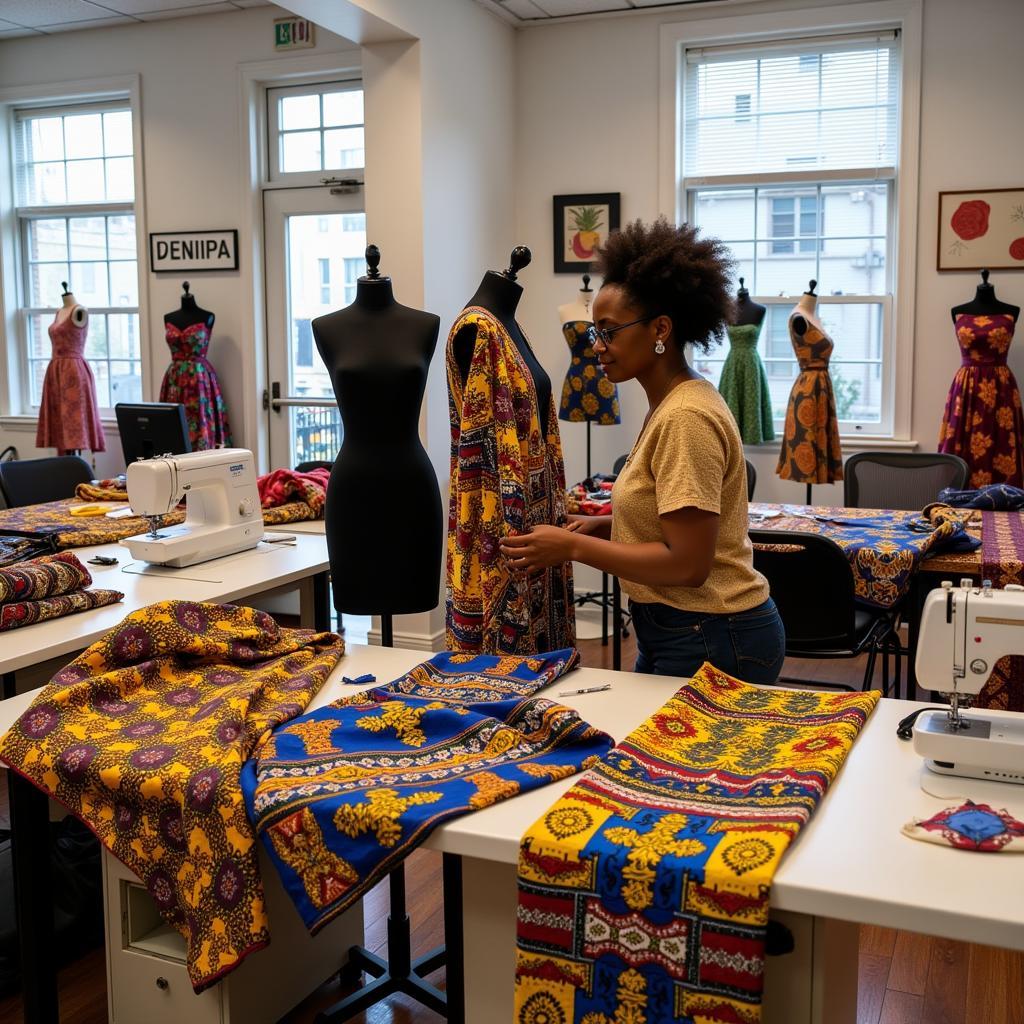African American Women’s Rights Timeline: A Journey of Struggle and Triumph
The journey of African American women’s rights has been a long and arduous one, marked by resilience, resistance, and unwavering determination. From the early days of slavery to the present day, Black women have fought tirelessly for equality, justice, and recognition. This timeline highlights some of the key events and figures that have shaped the movement for African American women’s rights, showcasing their remarkable contributions and the ongoing struggle for full liberation.
Early Beginnings: The Seeds of Resistance (1619 – 1865)
The arrival of the first enslaved Africans in 1619 marked the beginning of a brutal chapter in American history. Black women endured unimaginable hardships, facing not only the horrors of slavery but also the double burden of racial and gender discrimination. Despite their oppression, African American women displayed remarkable resilience and defiance, laying the foundation for future generations of activists.
The First Voices of Change:
- Early 1800s: Women like Elizabeth Freeman, who successfully sued for her freedom in Massachusetts, and Lucy Goode Brooks, who established a school for African American children, demonstrated the early emergence of Black women’s leadership.
- 1830s: The rise of abolitionism saw African American women actively engage in the fight for freedom. Sojourner Truth, a powerful orator and abolitionist, delivered her famous “Ain’t I a Woman?” speech in 1851, challenging the prevailing patriarchal and racist views of the time.
The Reconstruction Era: A Brief Glimpse of Hope (1865 – 1877)
The Reconstruction era, following the Civil War, offered a glimmer of hope for African Americans, including women. The 14th and 15th Amendments to the Constitution granted citizenship and voting rights to all men, regardless of race. However, these gains were fragile and short-lived, as white supremacy and resistance to Black empowerment resurfaced, ultimately limiting the full realization of these rights.
Stepping into the Public Sphere:
- 1868: Elizabeth Piper Ensley, a Black woman, becomes the first woman in the United States to vote, demonstrating the potential for Black women’s political participation during this period.
- 1870s: African American women like Lucy Goode Brooks continued their educational work, establishing schools and promoting literacy among Black communities.
Jim Crow and the Rise of Segregation (1877 – 1954)
The era of Jim Crow saw the systematic disenfranchisement and segregation of African Americans, particularly women. Black women faced harsh realities of limited economic opportunities, restricted access to education and healthcare, and rampant racial violence. Despite these challenges, Black women remained steadfast in their fight for equality, organizing and engaging in various forms of activism.
The Unwavering Spirit:
- Early 1900s: The National Association for the Advancement of Colored People (NAACP) was founded, providing a platform for Black women to raise their voices against injustice and discrimination. Notable figures like Mary McLeod Bethune, founder of Bethune-Cookman University, played a pivotal role in advancing the rights of Black women through education and community development.
- 1930s-1940s: Black women actively participated in the civil rights movement, organizing sit-ins and boycotts to challenge segregation and discrimination. The fight for suffrage remained a central focus, with Black women like Mary Church Terrell continuing to push for the right to vote.
The Civil Rights Era and the Fight for Suffrage (1954 – 1965)
The Civil Rights Era witnessed a surge in activism and protests, fueled by the shared desire for freedom and equality. Black women played a crucial role in this movement, organizing boycotts, participating in marches, and working tirelessly to dismantle Jim Crow laws. The fight for voting rights remained a critical battleground, leading to the passage of the Voting Rights Act of 1965, a landmark achievement in the struggle for racial justice.
Leaders and Activists:
- 1955: Rosa Parks refused to give up her seat on a Montgomery bus, sparking the Montgomery bus boycott and catapulting the civil rights movement to national attention.
- 1960s: The Student Nonviolent Coordinating Committee (SNCC) and the Southern Christian Leadership Conference (SCLC) saw significant contributions from Black women like Fannie Lou Hamer and Daisy Bates, who fought for voting rights, economic justice, and educational equality.
The Legacy of Struggle and the Fight for Empowerment (1965 – Present)
The legacy of African American women’s rights is one of resilience, activism, and an ongoing pursuit of justice. While significant strides have been made in achieving equal rights and opportunities, the fight for full liberation continues, addressing issues such as healthcare disparities, gender-based violence, and economic inequality.
Continued Progress and Challenges:
- 1970s-1980s: Black feminists emerged, challenging the limitations of the existing civil rights movement and advocating for the intersectionality of race, gender, and class.
- 1990s-Present: Organizations like the National Black Women’s Health Project and the Black Women’s Roundtable have emerged, addressing specific health and social justice concerns facing Black women.
- 2000s-Present: Black women continue to lead movements for social change, advocating for racial justice, LGBTQ+ rights, and environmental justice.
The Future of African American Women’s Rights
The struggle for African American women’s rights is far from over. As we look toward the future, it is essential to recognize the ongoing challenges and celebrate the triumphs of Black women who have paved the way for generations to come. By understanding the past and embracing the legacy of resilience and activism, we can continue to work towards a future where Black women are fully empowered, respected, and celebrated for their immeasurable contributions to society.



